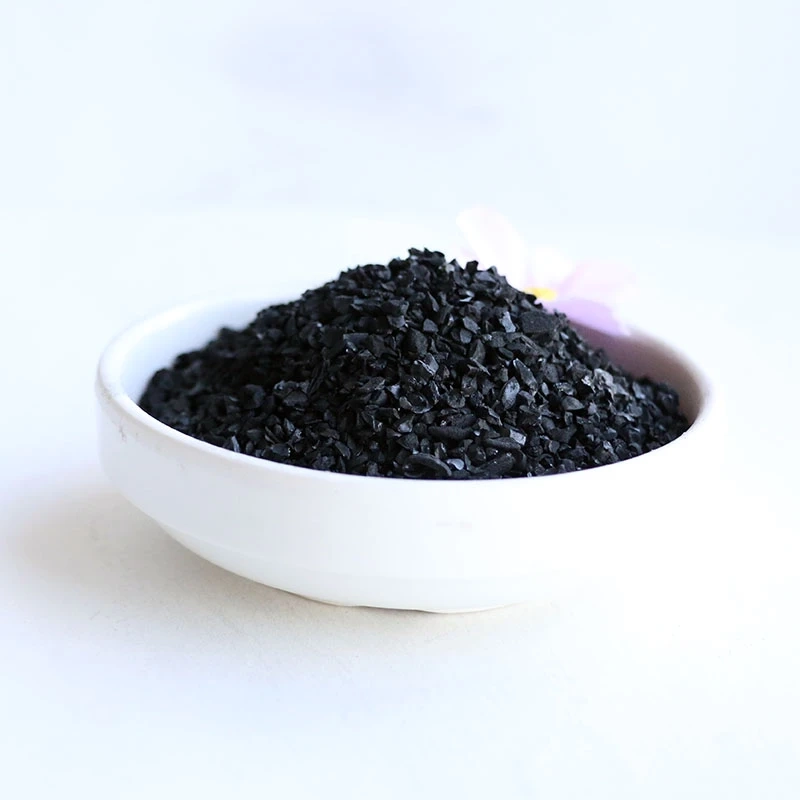Activated charcoal binds to many common medications and may reduce their efficacy. Let your veterinarian know if your dog has taken any oral medications in the past 24 hours.
Your veterinarian may recommend altering your dog’s medication dosing schedule to ensure the medication is not affected by the activated charcoal.
Activated charcoal is typically dosed based on your dog’s weight, and dosages may vary depending on the product. Careful dosing is especially important if the product contains cathartic agents such as sorbitol, because this can lead to dehydration and electrolyte imbalances if administered incorrectly.
Some toxins may require multiple administrations of activated carbon pellets for best results. Consult your veterinarian or poison control prior to administering any activated charcoal to your dog.
Activated charcoal is a relatively inexpensive product. Veterinary-specific oral suspensions of coconut carbon pellets cost about $20-$30 per bottle, but multiple bottles may be needed for large dogs or in severe cases.
Other medications may also need to be prescribed in order to address the toxicity and manage the side effects of activated charcoal, so this may increase the overall cost of treatment.
Most forms of activated charcoal can be stored at room temperature and are very shelf-stable. Activated charcoal should be stored away from light, heat, and moisture. Be sure to check the packaging for any additional storage instructions from the manufacturer.



